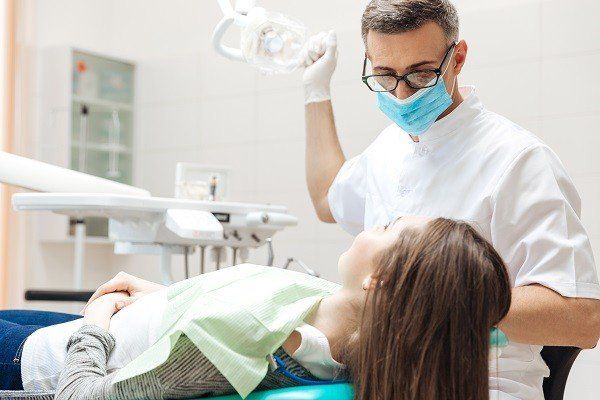Healing Cavities at Home
When you start feeling pain in your teeth every time you eat or even just bite down, there’s a good chance it’s a cavity, which is a good reason to book an appointment with your dentist. However, if your appointment isn’t for several days, and you need relief right now, you might start asking yourself—is it possible to heal the cavity at home before the appointment? While you can start the steps toward remineralizing teeth enamel and halting the decay while at home, your best bet is managing the pain until your dental appointment, from avoiding very hot or cold foods and beverages to using the ailing tooth as little as possible.
In the earliest stages, it’s possible to actually reverse tooth decay, but, per the National Institute of Dental and Craniofacial Research, once enamel has weakened fully and been destroyed, only dentists can fix the damage caused by cavities.
Reversing an Early Cavity
Although only dentists can diagnose cavities, you can sometimes see early symptoms of decay by inspecting your own teeth. White spots on teeth usually indicate the enamel has weakened and decay may soon take place. At this early stage, it’s best to remineralize the teeth and prevent the decay, with the ADA recommending antibacterial rinses and toothpastes with calcium and fluoride.
Getting Help
Once cavities have fully developed, the most effective method for healing them is your dentist intervening, but how they do this depends on the cavity’s severity. If a hole has developed in the enamel from decay, but it hasn't spread into the tooth’s nerves, your dental professional will most likely create a filling. When the cavity has been cleaned, the dentist places the filling to seal the hole up, thereby preventing further decay. A more severe case may warrant your dentist performing a root canal or, if it’s decayed enough, the tooth being removed and then replaced with a bridge or implant.
Preventing Cavities
As with most rational people, it’s likely you want to avoid having to worry about cavities and best managing pain until your next appointment. Fortunately, being proactive about cavity prevention every day does produce healthy, positive results. Firstly, consider re-evaluating your diet, as the mouth bacteria that lead to cavities love starches and sugars, causing them to form acids that harm teeth while wearing down enamel. To best safeguard your teeth, try avoiding sugary and starchy foods where you can and focusing more on foods, such as raw vegetables and dairy products, that help to fight decay.
Secondly, you need to commit yourself to a regular oral healthcare routine—brushing twice per day with fluoride toothpaste and flossing once daily. You also must continue seeing your dental professional regularly, at least once every six months, so they can look for early symptoms of cavities and help you reverse damage without requiring a filling.
If you need to go to the dentist, you may want to consider signing up for our New Hampshire discount dental planfirst. Offering significant savings off regular dental bills, this plan is a “must-have” addition to your regular insurance. For more information, please click here.











